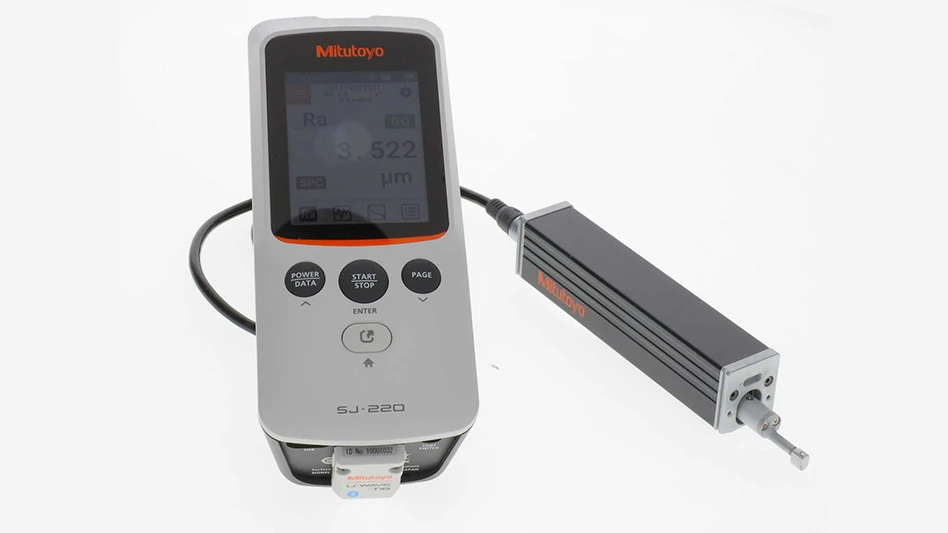
Microlution provides micro scale manufacturing products and services.
Rapid trends toward miniaturization are becoming more prevalent in the biomedical industry. Feeling the pressure, medical device manufacturers are constantly searching for innovative technologies to address these shrinking parts.
There are a variety of methods that manufacturers use to create microsized products. Unfortunately, many of the machine tools used in these methods are too expensive, too large, too complex and too inflexible to face the challenges and high-accuracy requirements of micro-machining.
Operating these machines is extremely complex, requiring experienced and skilled technicians and support staff. The direction of micro-manufacturing machine tool evolution has not been addressing these problems. Microlution Inc. is changing all of that, focusing on the shortcomings of traditional machine tools, and offering better solutions.
Microlution provides micro scale manufacturing products and services based on innovative micro/mesoscale machine tool (mMT) technology. This technology properly addresses the unique requirements of micro scale manufacturing.
Microlution's problem solver is their 310-S. This machine is a high-precision, 3-axis milling machine specifically designed for the manufacturing of small, demanding parts. The 310-S completes operations that have demanding micro- scale features and tight tolerances, using a ball-and-vee type kinematic mounting system for both the workpiece and the spindle. This system allows the workpiece and/or spindle to be removed and replaced with sub-micron repeatability. All of these revolutionary components fit into the machine's small footprint—600mm2.
Microlution Inc. also produces prototype parts and performs contract manufacturing using its own micro machine tools.
MICROLUTION SUPPORTS ADVANCED PROTOTYPING FOR BIOMEDICAL APPLICATIONS:
A biomedical manufacturer specializing in micro-fluidics based devices turned to Microlution when manufacturing products with extremely small channels that direct, manipulate and control small amounts of biological fluids. These micro-fluidic devices are typically made of plastic and are injection molded using aluminum tools for prototyping purposes, molded with steel tooling for production.
Because the behavior of microfluidic devices is extremely difficult to model using strictly computer-based design tools, they must be prototyped to verify performance. As this company worked through product development they reached a point where they had to fabricate test parts to optimize their design. Because of this, the company realized it needed to increase speed, reduce cost, and increase flexibility in their development process. Microlution's advanced micro-manufacturing system was able to directly fabricate the prototype for the company, allowing them to quickly iterate through many design options. This gave the company's development engineers the freedom to be more creative and to test multiple design options. Microlution's 310-S provides quick turnaround on the company's prototype parts and produces families of different geometry configurations all at once, without the need to produce mold tooling for each different design. These capabilities allow the biomedical company to achieve their product development goals and help support their future product development plans.
Get curated news on YOUR industry.
Enter your email to receive our newsletters.

Explore the October 2007 Issue
Check out more from this issue and find your next story to read.
Latest from Today's Medical Developments
- Incredible Machine works on the Rube Goldberg principle
- FAULHABER’s metal planetary gearhead family
- Aerospace Industry Outlook - Spring 2025, presented by Richard Aboulafia
- World’s smallest pacemaker is activated by light
- FANUC America’s ready-to-deploy cobot web tool
- #42 Lunch + Learn Podcast - Quell Corp
- Siemens accelerates path toward AI-driven industries through innovation and partnerships
- REGO-FIX’s ForceMaster and powRgrip product lines






